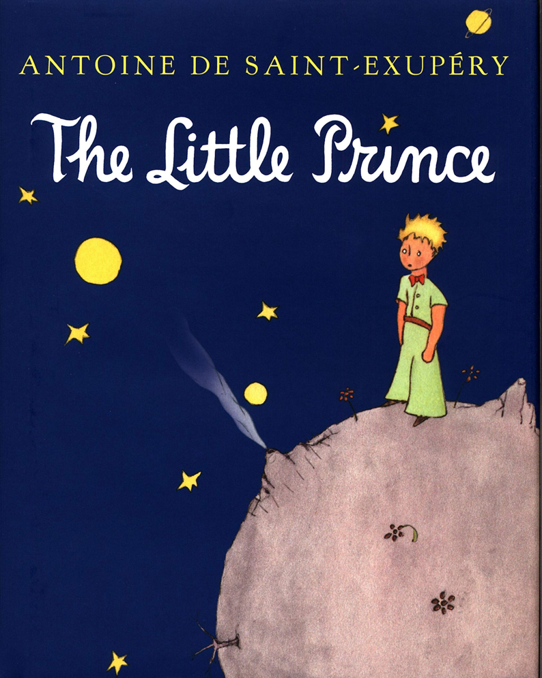 In 1943, a young prince was brought to life by French aristocrat, writer and aviator Antoine de Saint-Exupéry in his classic novella The Little Prince. We would later find out that this prince observed and comprehended love, life, loss, friendship, loneliness and various other aspects of human nature on his trips to different planets including Earth.
In 1943, a young prince was brought to life by French aristocrat, writer and aviator Antoine de Saint-Exupéry in his classic novella The Little Prince. We would later find out that this prince observed and comprehended love, life, loss, friendship, loneliness and various other aspects of human nature on his trips to different planets including Earth.
In this story, how are adults and children portrayed in a very different light? Is the distinction between childhood and adulthood solely based on age, or is there something else, something more important? What caused such a difference, and how can adults acquire the ability to ‘look out of the train windows’ and see the ‘essential things that are invisible to the eye’?
Another encounter of the prince that strengthens the theme of experiences beyond the corporeal would be the one with the snake. What does the snake represent, and how does its ‘teachings’ correlate to the themes of this story?
On the other hand, what does the fox mean when he claims that life will matter to him when he is tamed? How is his definition of ‘tame’ different from the conventional one?
When the prince fell asleep, the narrator had to find a well on his own, and this was the point in the story where the narrator finally seemed to truly understand the lessons the prince shared with him. What is the significance of this event, and how does it convey the morals of the story?
After the little prince was bitten by the snake, he disappeared and is never heard of again. What do you think happened to him? Why do you think so?

